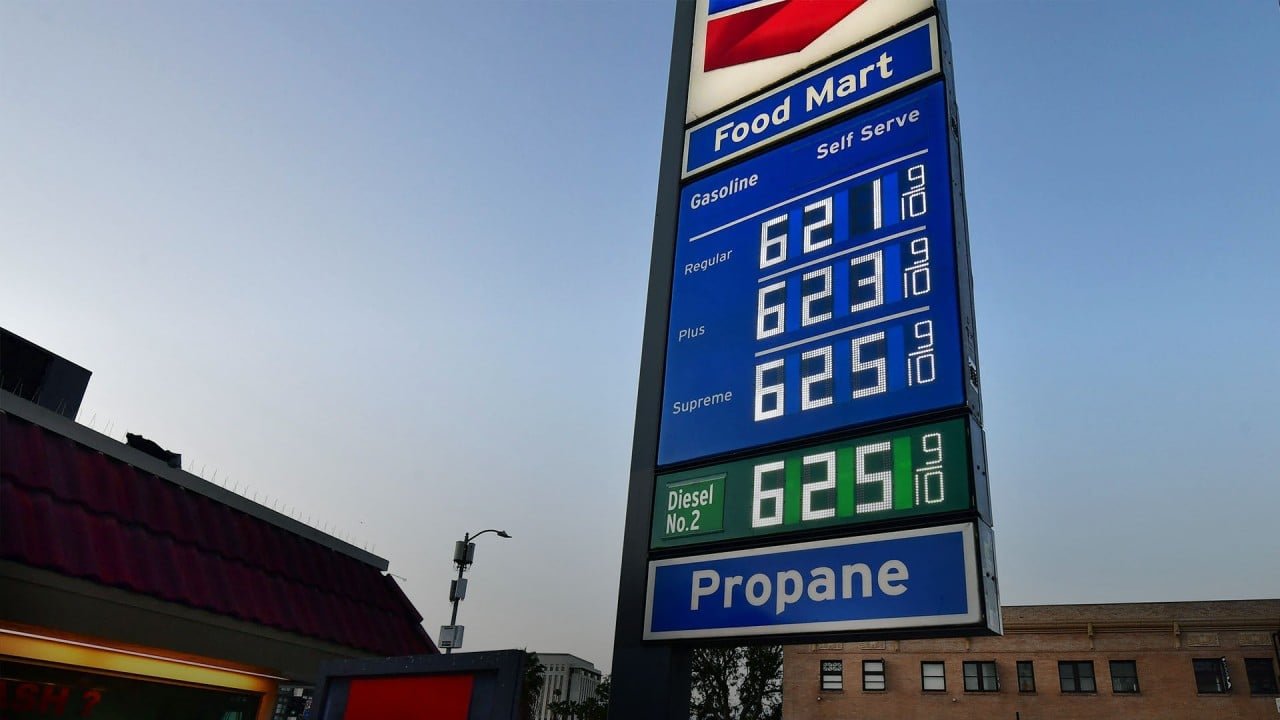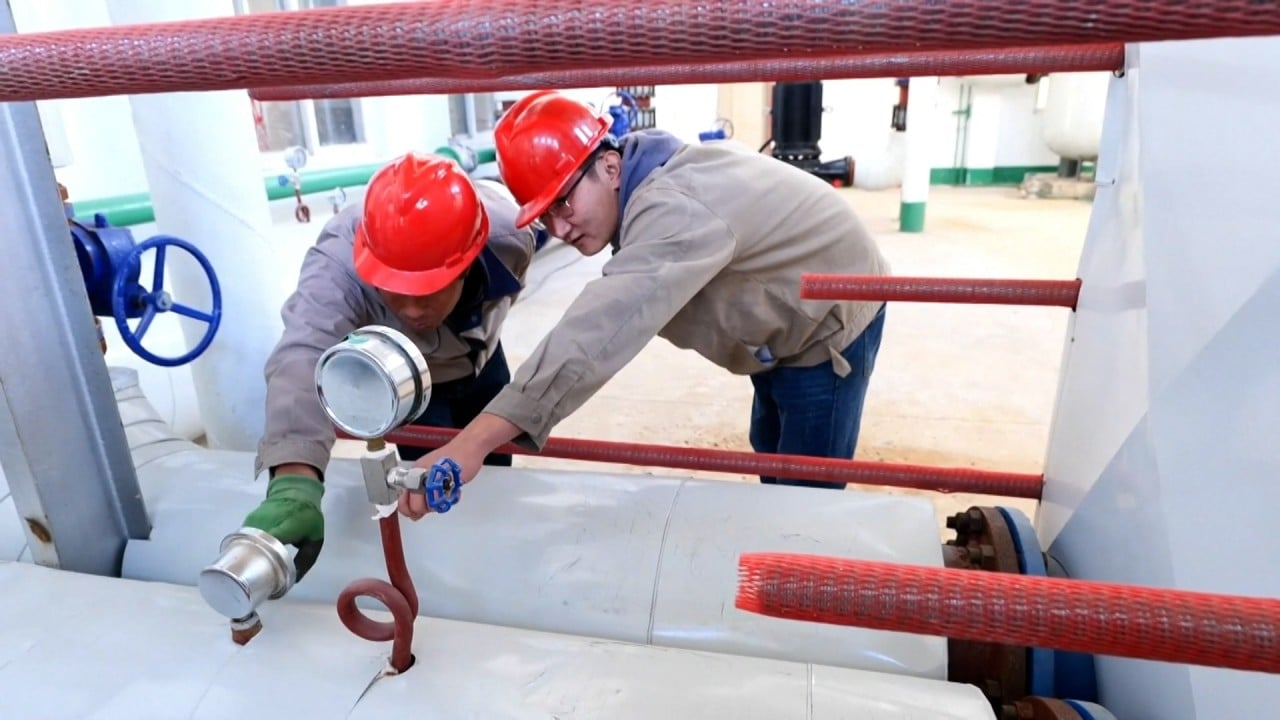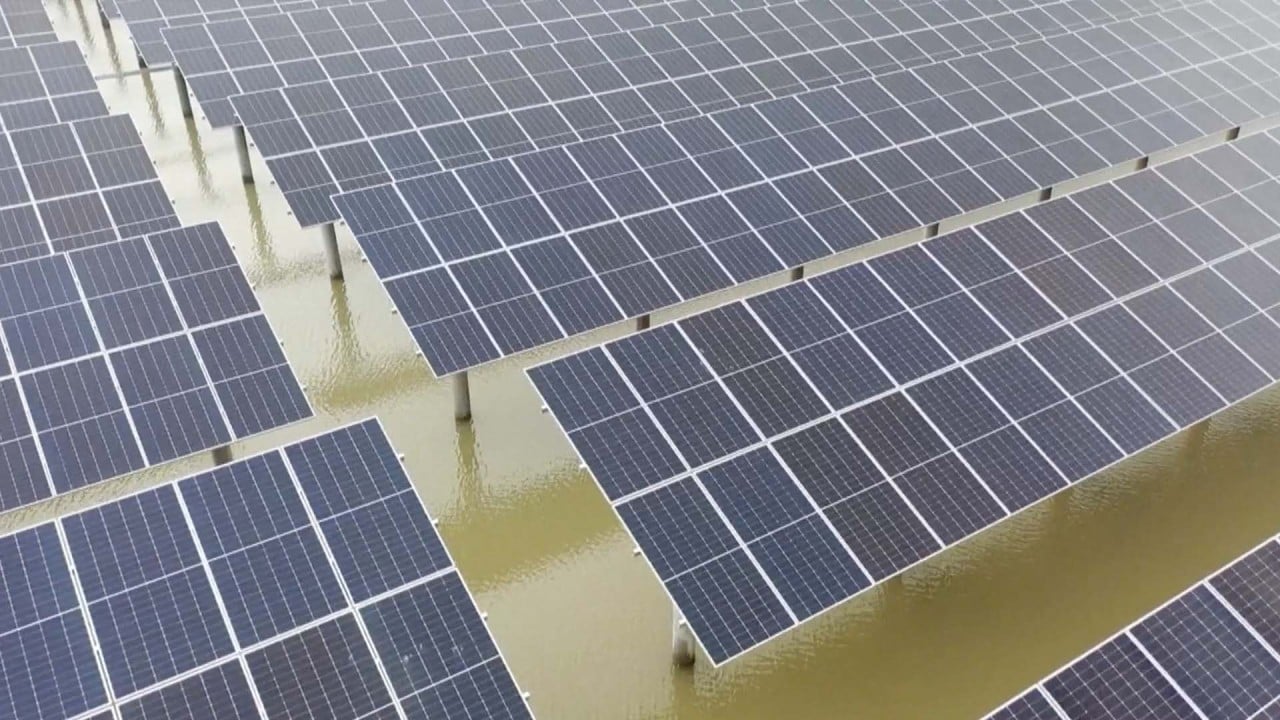
As nuclear power makes a comeback, China is poised to be the net-zero hero
- While Europe may need to reconsider nuclear power amid a global energy crisis, China is already ahead of the pack
- With more countries hastening their transition to clean energy, dependence on China will only grow. But for many Western politicians and industrialists, it is of concern that all the roads to net zero travel through China
It is a lucky government with time to spare a thought for net zero, let alone the multiple billions of hard dollars needed to get there.
Even before the invasion of Ukraine, “the world was not on a path to achieve net-zero greenhouse-gas emissions by 2050”, it noted, adding: “It seems clear at this point the war will complicate the transition’s path in the short term.”
I think we will need to wait for COP27, the UN climate conference to be held in November in Sharm el-Sheikh in Egypt, to take a view on that.
This comes after a decade in which nuclear power became a lost cause in many countries.
Apart from alarm over Fukushima, the nuclear story in both France and the United Kingdom has been one of massive delays and embarrassing cost overruns.
The cost in Europe of nuclear power per kilowatt has averaged US$6,600 per the past decade, more than double China’s average cost of US$2,800. While China has on average taken six years to complete its nuclear plants, the average in the UK has been 10 years and some plants elsewhere have infamously taken more than 15 years.
As Jonathan Porritt, a UK environmental campaigner who proudly boasts he has been anti-nuclear since 1974, says, Britain’s nuclear story seems to have been one of “endless hype” and a “constantly underperforming record”.
Meanwhile China, which Bloomberg calls nuclear power’s “last great believer”, reportedly plans to spend US$440 billion on 150 reactors in the next 15 years. This amounts to about 147 gigawatts of capacity, more than the rest of the world has built in the past 35 years.
China reportedly hopes to sell a further 30 reactors to members of the Belt and Road Initiative, and to replace all 2,990 coal-fired plants as part of plans to be carbon neutral by 2060.
For many Western politicians and industrialists, it is of deep concern that all the roads to net zero travel through China: it is the world’s largest emitter of greenhouse gases, and therefore has the most carbon dioxide to get rid of. It also has sharply rising energy needs, and must meet these higher needs while cutting its emissions. Moreover, it is under huge pressure to make sure its energy is cheap. Inevitably, the more it succeeds, the more likely it is to lead the world in a wide range of technologies that Western countries want to be leaders in themselves.
So for many in the West, environmentalists or not, it seems there is only one issue more troubling than failing to get to net zero, and that is the concern that it will be China that leads us there.
David Dodwell researches and writes about global, regional and Hong Kong challenges from a Hong Kong point of view





